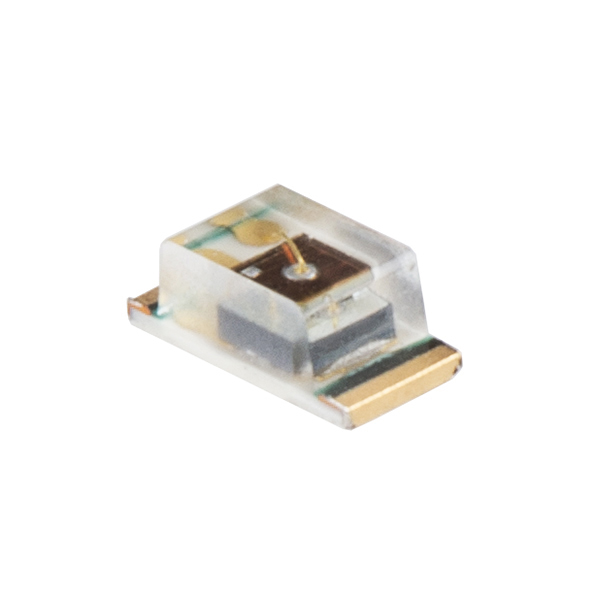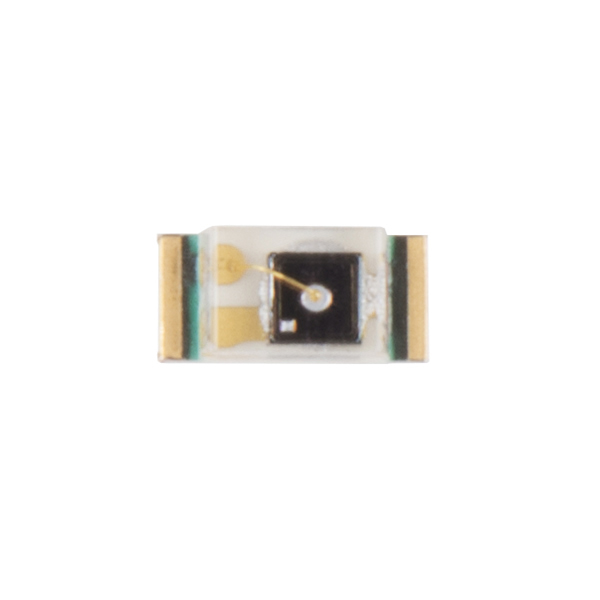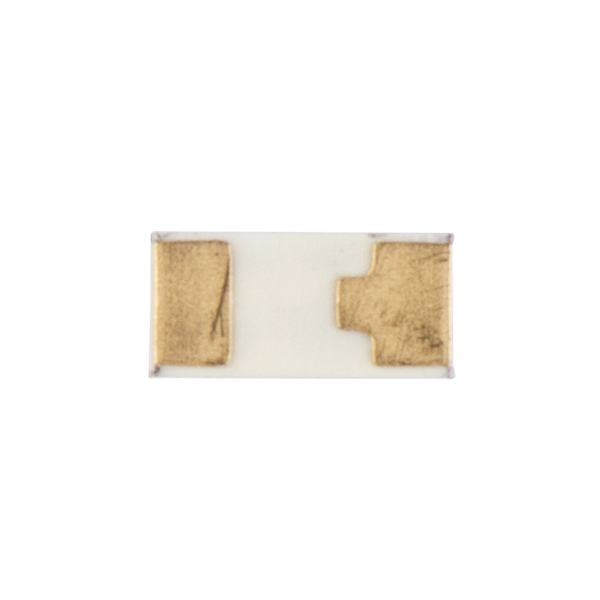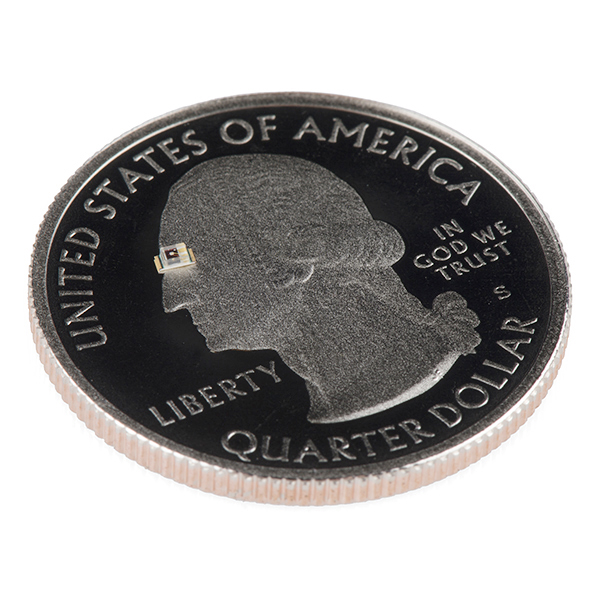This tiny little guy is the ALS-PT19, an SMD ambient light sensor that is much smaller than the standard TEMT6000. The ALS-PT19 is capable of taking a voltage supply range of 2.5V to 5.5V and also functions as an NPN transistor. If you are looking for a small and easy to use light sensor, definitely pick up the ALS-PT19!
ALS-PT19 Light Sensor Product Help and Resources
Core Skill: Soldering
This skill defines how difficult the soldering is on a particular product. It might be a couple simple solder joints, or require special reflow tools.
Skill Level: Competent - You will encounter surface mount components and basic SMD soldering techniques are required.
See all skill levels
Core Skill: Electrical Prototyping
If it requires power, you need to know how much, what all the pins do, and how to hook it up. You may need to reference datasheets, schematics, and know the ins and outs of electronics.
Skill Level: Noob - You don't need to reference a datasheet, but you will need to know basic power requirements.
See all skill levels
Comments
Looking for answers to technical questions?
We welcome your comments and suggestions below. However, if you are looking for solutions to technical questions please see our Technical Assistance page.
Customer Reviews
No reviews yet.





Hey Folks, the data sheet has become detached (6/9/19). No big deal; it is available on line at other sites. But thought I'd let you guys know.
Thanks for the heads up. I got that fixed.
Throw it on the next gen redboards.
Oh yes! Or just an arrangement of a SMT loading resistor + 2 pads for you to solder this on yourself. ADC6/7 just cry out for any use at all. Other ideas include pads for a SMT thermistor (again, would require a loading resistor) or the TMP36 temperature sensor. I'm not saying to increase cost by $1 by populating them, but give us some pads that might turn out to be useful.
This part is very interesting, and will likely provide better specs that using an LED to measure ambient light. If you're not familiar with that trick, see http://en.wikipedia.org/wiki/LED_circuit and scroll down to "LED as light sensor". The LED trick is useful when you need to have both an LED and a rudimentary measurement of ambient response -- and where the LED isn't on constantly (e.g., using a form of pulse width modulation to control brightness, or just turns on the LED for a brief period after some event).
we will be including this on a few boards in the future.
Does that include a Breakout Board? I saw it is on the new Weather Shield.
nope, this is just for the bare IC. we might be doing a breakout. Really though, it's just a much smaller version of several other we already carry.
The picture of the sensor is very misleading. The actual size is 1mm wide and 2mm long. Soldering leads to such a small object would be very difficult at best. You definitely need a big magnifier or two pair of strong reading glasses worn together to even see what you are doing. Except for the very skilled working at such a small scale, I would not recommend these.
This is why we include of picture of the sensor on a quarter to help people gauge scale. Close ups are nice, but the quarter helps with scale. We do use this sensor on a few boards, but also sell the plain sensor which a lot of people use for prototyping or final applications.
Where is the eagle part for this?
Would this work with a laser?
Thanks
Very nifty ... and oh so very slow
The datasheet is white-on-white in evince. I wonder just how they managed to... pull that off.